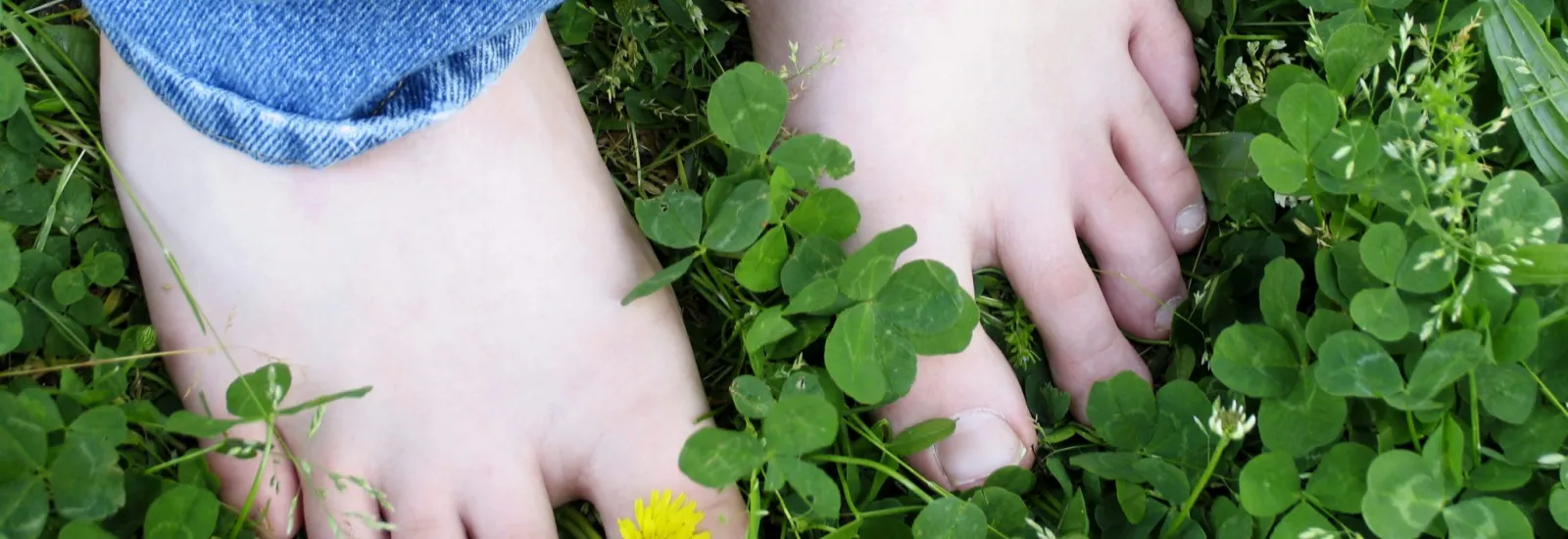
Watch out for common summer safety hazards
Nobody starts their summer thinking about injuries. But because people take more time off during the summer daylight hours are longer kids are out of school and everyone is out and about more - especially barefoot - the likelihood for accidents is just higher. Don't let these summer safety hazards keep your family indoors.
Barbecue and campfire burns
An adult should monitor grills and campfires so children don't get close enough to get burned. Sit far enough away from a campfire - with marshmallow roasting sticks at least a few feet long - to protect against flying embers flare-ups burnt feet and indirect heat burns on the face or hands.
Rip tides waves and water currents
According to the U.S. Centers For Disease Control and Prevention (CDC) drownings are a major cause of death in children under 14 years old. Children and weaker swimmers should always be supervised by an adult even when a lifeguard is on duty and especially in open water where rip tides currents and waves make swimming even more hazardous.
Crazy summer accidents
Most injuries in children younger than 14 including concussions happen at the playground according to the CDC. Avoid playground accidents best by actively playing with your kids. If a bee sting or a fall occurs or you notice signs of heat illness such as excessive sweating weakness or nausea you'll be there to act swiftly. It's important that everyone wear appropriate protective gear clothing for every activity. That includes not wearing flip-flops for lawn mowing or home repairs on a ladder and wearing high socks and long pants while hiking to prevent tick bites and poison ivy.
Boredom
According to the CDC everyday household poisonous items such as cleaners and prescription medicines are fair game for bored children and teens. Keep all toxic products such as cleaning solutions and detergent pods in their original containers where children can't see or reach them. Keep all prescription medications specifically narcotics locked in a personal safe and dispose of unused prescription drugs and other pills and supplements at a local drug take-back program.
Food poisoning at picnics
At barbecues and picnics the U.S. Department of Agriculture (USDA) warned that all types of meat are only cooked safely when using a meat thermometer. Pork and hamburger are done safely when they measure 145 degrees Fahrenheit while poultry needs to be 165 degrees Fahrenheit.
Summer safety is a small matter of strapping on those elbow pads finding the meat thermometer or keeping the first aid kit handy. Taking that time to be safe can avoid a big injury that could ruin the summer for you and your children.

